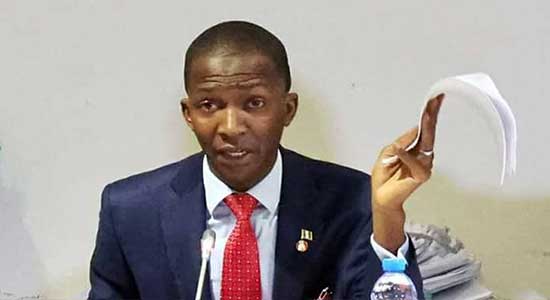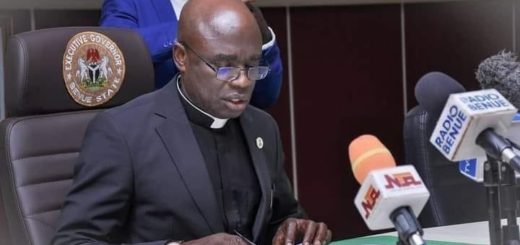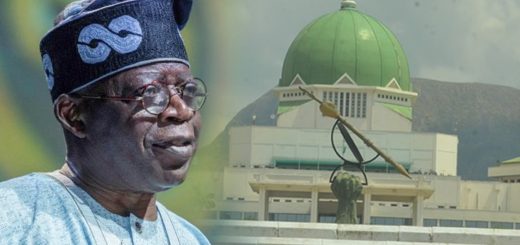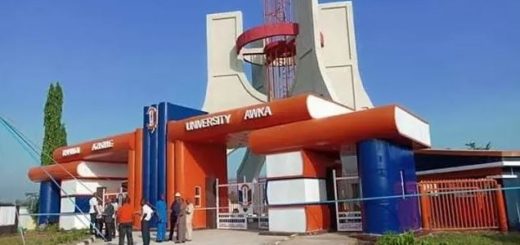Ex-EFCC Chairman Abdulrasheed Bawa Exposes Trillions Lost in Nigeria’s Fuel Subsidy Fraud
 Former EFCC Chairman Abdulrasheed Bawa has pulled back the curtain on one of Nigeria’s most extensive financial scandals — the fuel subsidy fraud — in a new tell-all book that exposes the inner mechanics of how trillions of naira were siphoned from public coffers.
Former EFCC Chairman Abdulrasheed Bawa has pulled back the curtain on one of Nigeria’s most extensive financial scandals — the fuel subsidy fraud — in a new tell-all book that exposes the inner mechanics of how trillions of naira were siphoned from public coffers.
Titled “The Shadow of Loot & Losses: Uncovering Nigeria’s Petroleum Subsidy Fraud”, the book, published by CableBooks (an imprint of Cable Media & Publishing Limited), offers what Bawa calls the most authoritative and evidence-based account of the fraud-ridden subsidy regime.
Drawing from his firsthand experience as a lead investigator in the EFCC’s 2012 probe, Bawa details a web of corruption involving both public officials and private actors. He reveals how billions were looted using tactics such as:
-
Ghost importing and over-invoicing
-
Falsified claims for non-existent fuel imports
-
Manipulated bills of lading and shipping documents
-
Double claims on single shipments
-
Diversion of subsidised fuel to black markets or for smuggling
-
Artificial inflation of shipment volumes and price manipulation
According to Bawa, these fraudulent schemes thrived due to forged paperwork, regulatory loopholes, and entrenched collusion across government and the oil sector. The result: a multi-trillion naira haemorrhage from Nigeria’s economy.
“This book is not just about exposing corruption,” Bawa writes. “It’s a demand for reform, for accountability, for the kind of public finance management Nigeria desperately needs.”
Bawa, who served as EFCC Chairman from 2021 to 2023, reflects not only on the technical dimensions of the scam but also on the institutional and political barriers that have long hindered Nigeria’s anti-corruption efforts.
In a statement by Vic Akinrogunde, the book is described as both “a revelation and a reckoning” — essential reading for policymakers, civil society actors, journalists, and informed citizens.
It chronicles how billions were recovered, some culprits prosecuted, yet how deeply rooted corruption enabled the fraud to persist for years despite multiple probes and media exposes.













